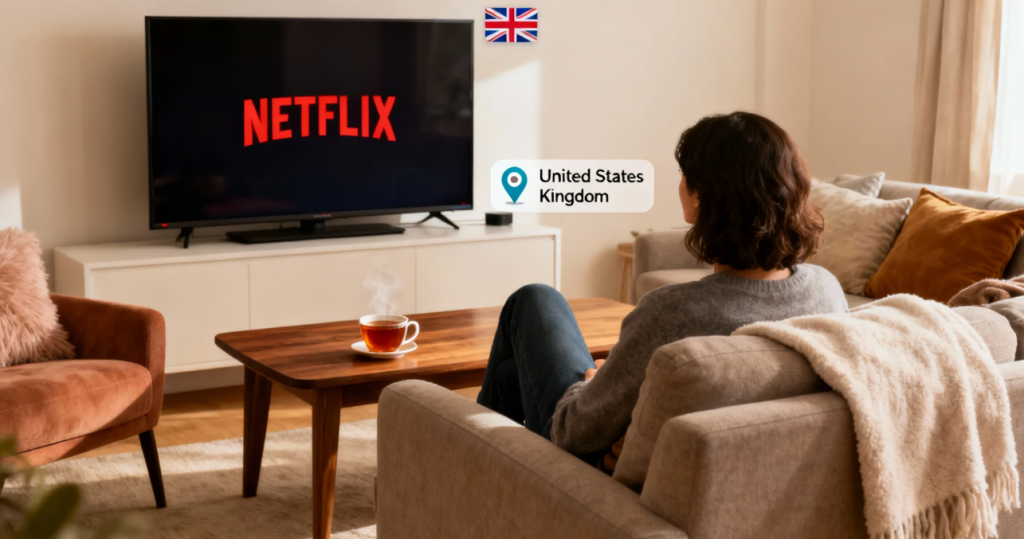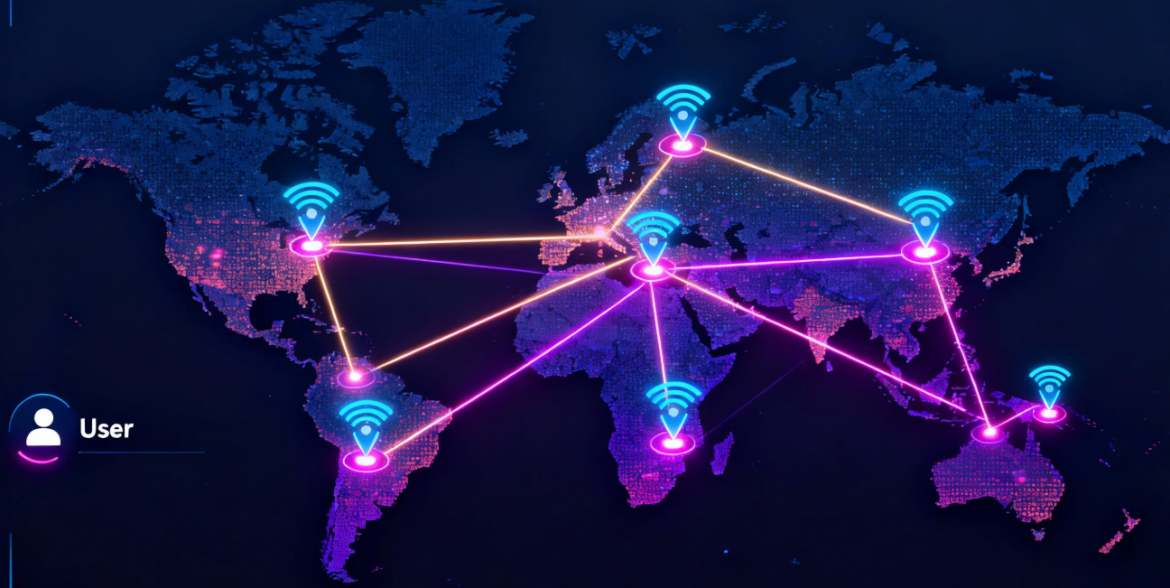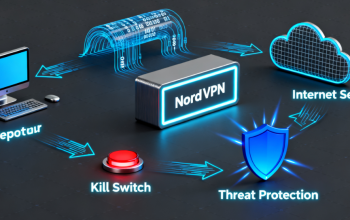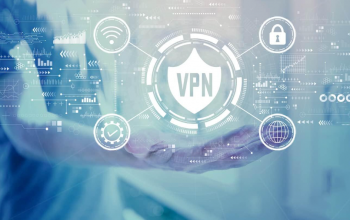In an increasingly connected world, internet users often encounter barriers that limit access to online content based on geographic location. From streaming platforms like Netflix and Disney+ to news outlets and gaming servers, geo-restrictions have become an obstacle for those seeking a seamless online experience. Fortunately, Virtual Private Networks (VPNs) offer a practical solution—but bypassing these restrictions safely requires more than just installing any VPN app. This article delves into the technical foundations, best practices, and advanced strategies to help you access restricted content while protecting your privacy.
Understanding Geo-Restrictions
Geo-restrictions are digital boundaries that limit access to websites, streaming services, or online resources depending on the user’s geographic location. These restrictions typically rely on IP addresses, which can reveal your country or region. Companies implement geo-restrictions for several reasons:
- Licensing and copyright laws: Content providers often acquire rights for specific regions only. For instance, a movie available on Netflix in the US may not be licensed for Europe.
- Legal compliance: Certain websites are blocked in specific countries due to local regulations, such as social media platforms or news outlets.
- Regional marketing strategies: Businesses sometimes tailor offerings and promotions to specific markets.
The practical consequence is that users outside the intended region encounter messages like “This content is not available in your country” or “Service unavailable in your location.”
How VPNs Work to Bypass Geo-Restrictions
A VPN (Virtual Private Network) allows users to reroute their internet traffic through a server in a location of their choice. This process effectively masks the user’s real IP address and makes it appear as if they are accessing the internet from the server’s location.
Key Technical Mechanisms
- IP Masking
- When you connect to a VPN, your real IP is hidden, and a new IP from the VPN server is assigned. This is the primary method for circumventing geo-restrictions.
- Encrypted Tunneling
- VPNs encrypt your traffic to prevent interception. This encryption ensures that ISPs, hackers, or governmental agencies cannot easily detect your online activities.
- DNS Routing
- Some VPNs provide private DNS servers to prevent leaks. DNS queries reveal your browsing intentions, and if not secured, websites may detect your true location despite using a VPN.
By combining these mechanisms, VPNs allow you to access geo-restricted content without revealing your actual location. However, not all VPNs are created equal—choosing the wrong service can result in IP leaks, slow speeds, or even account bans from streaming platforms.
Choosing the Right VPN
Selecting a reliable VPN is crucial for both security and effectiveness in bypassing geo-restrictions. Consider the following factors:
- Server Coverage
- A VPN with numerous servers in various countries increases your chances of accessing region-specific content reliably. Look for servers optimized for streaming or gaming.
- No-Log Policy
- Privacy-conscious users should prioritize VPNs that maintain a strict no-log policy, ensuring that your browsing history is not recorded or sold.
- Security Protocols
- Modern protocols like WireGuard offer faster speeds and strong encryption, while OpenVPN remains widely compatible and highly secure. Some VPNs also support IKEv2/IPSec for mobile users.
- Leak Protection
- Check if the VPN has features like DNS leak protection and a kill switch, which automatically disconnects your internet if the VPN connection drops.
- Performance and Speed
- Geo-restricted streaming or gaming requires stable and fast connections. Some VPNs throttle speed; choose providers with high-performance servers to avoid buffering or lag.
Advanced Strategies for Safe Access
Even with a VPN, bypassing geo-restrictions safely requires careful attention to potential pitfalls:

Avoid Free VPNs
While free VPNs are tempting, many log your data, inject ads, or offer limited servers that can be easily blocked. Investing in a reputable paid VPN ensures reliability and stronger privacy.
Split Tunneling
Split tunneling allows you to route only specific traffic through the VPN, such as your streaming apps, while keeping other traffic on your regular connection. This can improve speed and reduce latency.
Rotate Servers Strategically
Streaming platforms actively block known VPN IP addresses. If you encounter issues, switching to a different server in the same country or region often resolves the problem.
Use Obfuscated Servers
Some VPNs offer obfuscated servers designed to bypass VPN detection. This is especially useful in countries or platforms that aggressively block VPN traffic.
Combine VPN with Secure Browsing Practices
- Clear cookies or use incognito mode to prevent websites from tracking your previous location.
- Disable location services on your device to avoid accidental leaks.
- Regularly update your VPN app to ensure it has the latest security patches.
Common Misconceptions
- VPNs Make You Completely Anonymous
- While VPNs enhance privacy, they are not a silver bullet. Your activity can still be traced through browser fingerprinting or account logins.
- All VPNs Can Bypass Every Restriction
- Some platforms, like Netflix, aggressively detect VPN traffic. No VPN guarantees access to every geo-restricted service at all times.
- Using a VPN is Illegal Everywhere
- VPN usage is legal in most countries, but some regions (e.g., China, Russia) have restrictions. Always check local laws before connecting.
Practical Use Cases
- Streaming Content Abroad
- Watching Netflix, Disney+, or BBC iPlayer from a different country.
- Accessing News and Educational Resources
- Certain news outlets or research databases may be restricted by region.
- Gaming and Multiplayer Servers
- Accessing game servers that are region-locked or testing content in early-release territories.
- Remote Work and Business Tools
- Connecting to company resources restricted to specific regions.
Bypassing geo-restrictions with a VPN is both practical and safe when approached with the right strategy. Key takeaways include:
- Understand the mechanics of geo-restrictions and why IP masking is necessary.
- Choose a VPN with robust server coverage, security protocols, and leak protection.
- Avoid free VPNs and adopt safe browsing practices.
- Use advanced features like split tunneling, obfuscated servers, and strategic server rotation to optimize access.
Ultimately, a VPN is not just a tool for accessing blocked content—it is a gateway to a safer, more flexible internet experience. By following the methods outlined above, users can enjoy global content while maintaining security and privacy.




